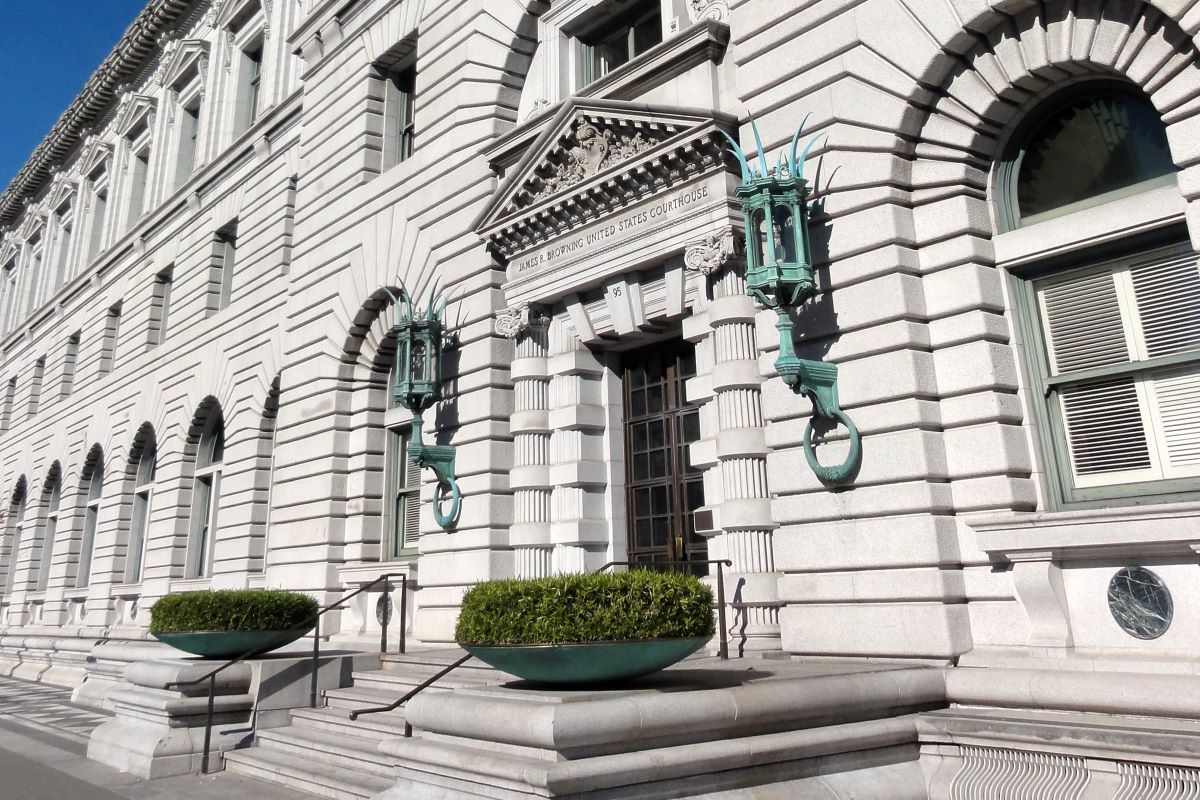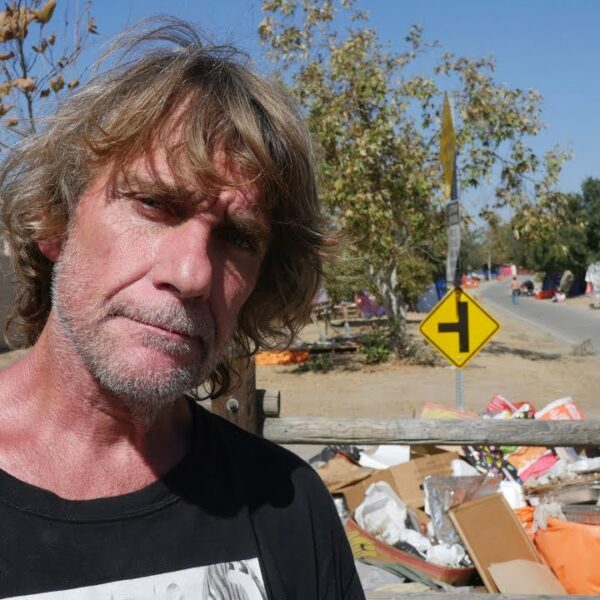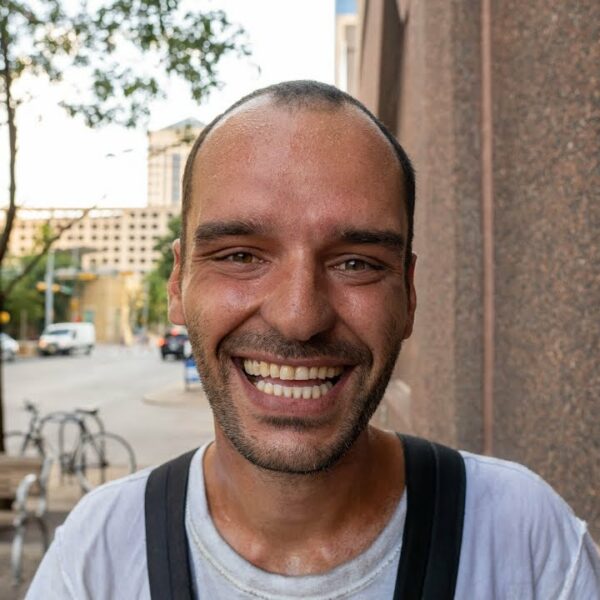The 9th Circuit’s ruling that cities can’t force unhoused people off the streets if they don’t have adequate shelter options survived a legal challenge by petitioners from Grants Pass, Oregon. This move seems to have upset conservative judges on the Circuit.
The ruling, known as Johnson v. City of Grants Pass, speaks to another legal decision the 9th Circuit issued in February 2021 called Martin v. Boise, which set forth a series of important legal protections for unhoused folks. It prohibits local police departments from citing or arresting unhoused people for sleeping outdoors. It also requires the city of Boise to take concrete steps to put people experiencing homelessness on a path toward permanent housing.
However, the ruling has faced legal challenges from cities and groups that argue the ruling prevents them from addressing the growing unsheltered homelessness crisis. The most recent challenge came from the City of Grants Pass, Oregon, which asked the three-judge panel to review the Martin v. Boise decision.
The 9th Circuit oversees most of the U.S. West, including Arizona, California, Nevada, Idaho, Montana, Oregon, Washington, Alaska, Hawaii, Guam, and the Northern Mariana Islands.
“This is the 9th Circuit saying ‘this is the law’ and sending a strong message to the rest of the country that they’re not going to be intimidated by these detractors and they’re going to apply the law equally,” National Homelessness Law Center Director of Criminalization William Knight told Invisible People in an interview.
Grants Pass City Manager Aaron Cubic told Oregon Public Broadcasting that the city plans to appeal the ruling to the Supreme Court. The Supreme Court previously declined to hear a challenge to Martin v. Boise in 2019.
“We hoped the full 9th Circuit would reconsider recent decisions that have contributed to the growing problem of encampments in cities across the West,” Grants Pass’ lawyer Theane Evangelis told OPB in an emailed statement. “The 9th Circuit’s decisions in this case and Martin v. Boise are legally wrong and are only harming the very people they were meant to help.”
The 9th Circuit’s decision not to hear Grants Pass’ challenge also seemed to frustrate the court’s conservative judges.
Circuit Judge Daniel Collins, nominated by former President Donald Trump in 2018, wrote in his dissenting opinion that the court’s decision was “egregiously wrong” and questioned whether Martin v. Boise remains “good law” today.
Judge Milan Smith Jr., who President George W. Bush appointed, described homelessness as the defining issue of our time in his dissent. He also said the government had “shirked its most basic responsibilities” to protect the public and ensure that public spaces “remain open to all.”
“One-time public spaces like parks — many of which provide scarce outdoor space in dense, working-class neighborhoods — are filled with thousands of tents and makeshift structures and are no longer welcoming to the broader community,” Smith wrote.
Eight other conservative judges supported Smith’s dissent, in whole or in part.
To Knight, these arguments miss the entire point of the Martin v. Boise ruling, which established that cities can’t criminally punish unhoused people if they don’t have adequate shelter for them. He added that policy decisions regarding how unhoused people are treated are not the issue that hamstrings cities from addressing homelessness in the first place, as the dissenting opinions suggest.
“What’s keeping cities from ending homelessness is the unkindness and the indignity of the business interests that are looking at profit over people and telling politicians to just get rid of people,” Knight said.
Knight pointed to a recent case in Arizona called Brown v. City of Phoenix as an example. In the lawsuit, a class of business owners sued the City of Phoenix to restart sweeping homeless encampments, including clearing an encampment known as “The Zone” that was home to hundreds of unhoused Arizonans.
“It costs much less to provide someone with stable housing than it does to put them in jail,” Knight said. “However, that solution requires political courage, and it seems like there isn’t much of that these days.”
How You Can Help
The pandemic proved that we need to rethink housing in the United States. It also showed that aid programs work when providing agencies and service organizations with sufficient funds and clear guidance on spending aid dollars.
Contact your officials and representatives. Tell them you support keeping many of the pandemic-related aid programs in place for future use. They have proven effective at keeping people housed, which is the first step to ending homelessness.













